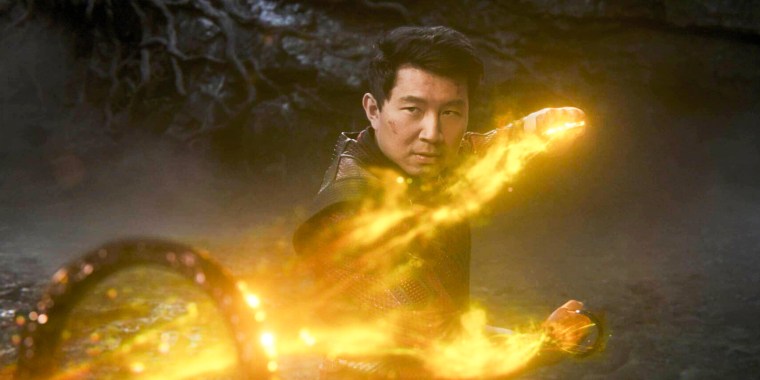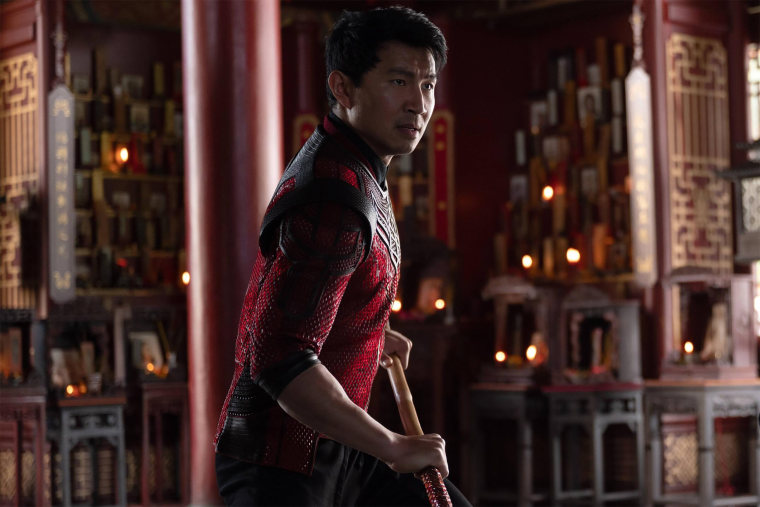"Shang-Chi and the Legend of the Ten Rings" is the latest movie to run into trouble in the country as nationalism and U.S.-China tensions rise.

HONG KONG — David Tse recalls being overcome with pride as he walked out of a British movie theater after having watched "Shang-Chi and the Legend of the Ten Rings," Marvel's latest superhero film.
"Our community has finally arrived in the West," Tse, a British Chinese actor and writer, said by telephone from Birmingham, England. "Every Chinese person around the world should be immensely proud of Shang-Chi."
The film, Marvel's first with a predominantly Asian cast, has been a hit with global audiences, having earned more at U.S. theaters than any other movie during the coronavirus pandemic and grossed more than $366 million worldwide since it was released early last month.
But despite its box office success and the overwhelmingly positive reaction of Asian communities worldwide, it isn't playing on a single screen in mainland China, which last year overtook North America as the world's biggest movie market. It's the latest film to run into trouble in the country as nationalism and U.S.-Chinese tensions rise.
From the beginning, "Shang-Chi" was made with China in mind. Much of the film's dialogue is in Mandarin, and the cast includes some of Asian cinema's biggest names, including Michelle Yeoh and the Hong Kong superstar Tony Leung, making his Hollywood film debut.

Simu Liu, a Chinese-born Canadian actor who also starred in the Netflix sitcom "Kim's Convenience," plays Shang-Chi, a reluctant martial arts warrior forced to confront his father. The film has been widely praised as a major step forward as Hollywood tries to improve representation of Asians and Asian Americans.
"Finally we see a strong character that isn't stereotyped the way we have been for generations," Tse said. "Our young people are desperate for more of them."
"Shang-Chi" hasn't gotten the same welcome in China, where movies are strictly censored and the number of foreign releases each year is limited. That hasn't stopped Marvel in the past — in 2019, "Avengers: Endgame" earned $629 million from mainland Chinese audiences, more than any other foreign film in history.
Officials haven't said why "Shang-Chi" has no release date, and the propaganda department of China's ruling Communist Party, which regulates the country's film and TV industry, didn't respond to a request for comment.
Experts point to the deterioration of U.S.-China relations, rising Chinese nationalism and the character's racist comic book past.





0 Comments